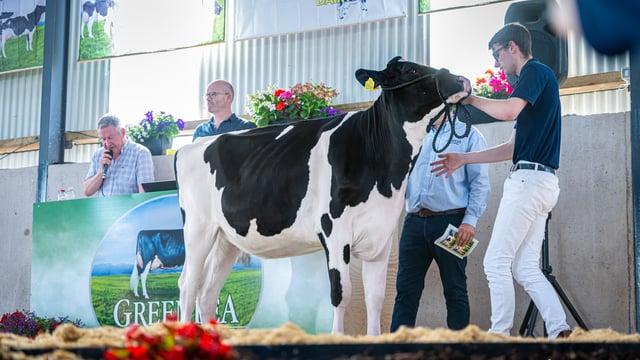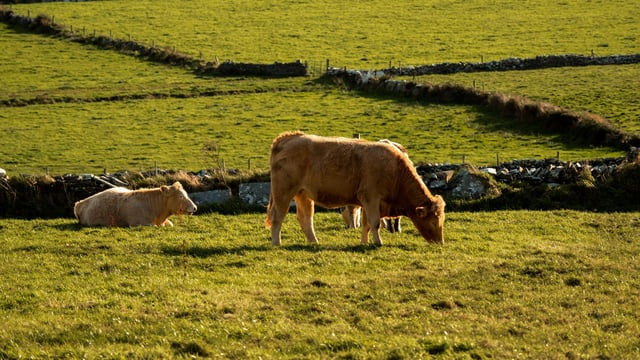Rain ‘dampens’ risks of fires associated with 2025 harvest - specialist
Recent rains have acted to significantly reduce the risk of fires associated with combines harvesting tinder-dry crops, according to Teagasc tillage specialist Shay Phelan.
He told Agriland: “The rain has come at an opportune time for a number of reasons.
“Fire risks apart, the winter barley harvest is pretty much wrapped up at this stage.
“There will be a few days’ break before winter oat crops reach full maturity. After that, it’s pretty much full on with winter oilseed rape and then winter wheat crops coming through for harvest."
The tillage specialist said farmers are unlikely to get a break after the winter crops are harvested.
“There is also a strong likelihood that the first of this year’s spring barley crops will be harvested before the end of July," he explained.
“So we have a scenario unfolding which will see no real downtime with regard to this year’s harvesting operations.”
It has been estimated that most winter barley crops cut over recent days have averaged 3.5t-4.0t/ac. Straw yields have been equally promising.
According to Phelan: “Dry matters are averaging 15%. Drying of these crops will not be required.
"However, there may well be a need to cool the grains as they will be coming off the combine very hot.
“So it’s important not to stack grains until such times as they have cooled considerably.”
Meanwhile, recent days have seen larges tonnages of barley moved off farm to local merchants’ stores.
Potato crops
Recent heavy rain showers will have boosted growth rates within potato crops.
Soil moisture deficits have risen to extremely high levels, as a result of the very dry and hot conditions that impacted across the country up to and including last weekend.
“As the rain passes through, so the risk of blight will increase,” Phelan noted.
He explained why it is important for growers to maintain their blight spraying programmes.
“Two years ago, blight took off ferociously in Holland after a dry spell. It turned out that the moisture created by early morning dews was sufficient to keep blight populations viable despite a lack of rainfall.
“And so a combination of a return to wetter conditions and growers letting their guard down, with regard to their spraying programmes, resulted in a major flare-up of blight, which had major repercussions for the Dutch potato sector.
"And obviously, we don’t want the same thing happening here in Ireland.
“The focus remains on retaining all of the blight chemistries that are available to the potato industry at the present time.”





